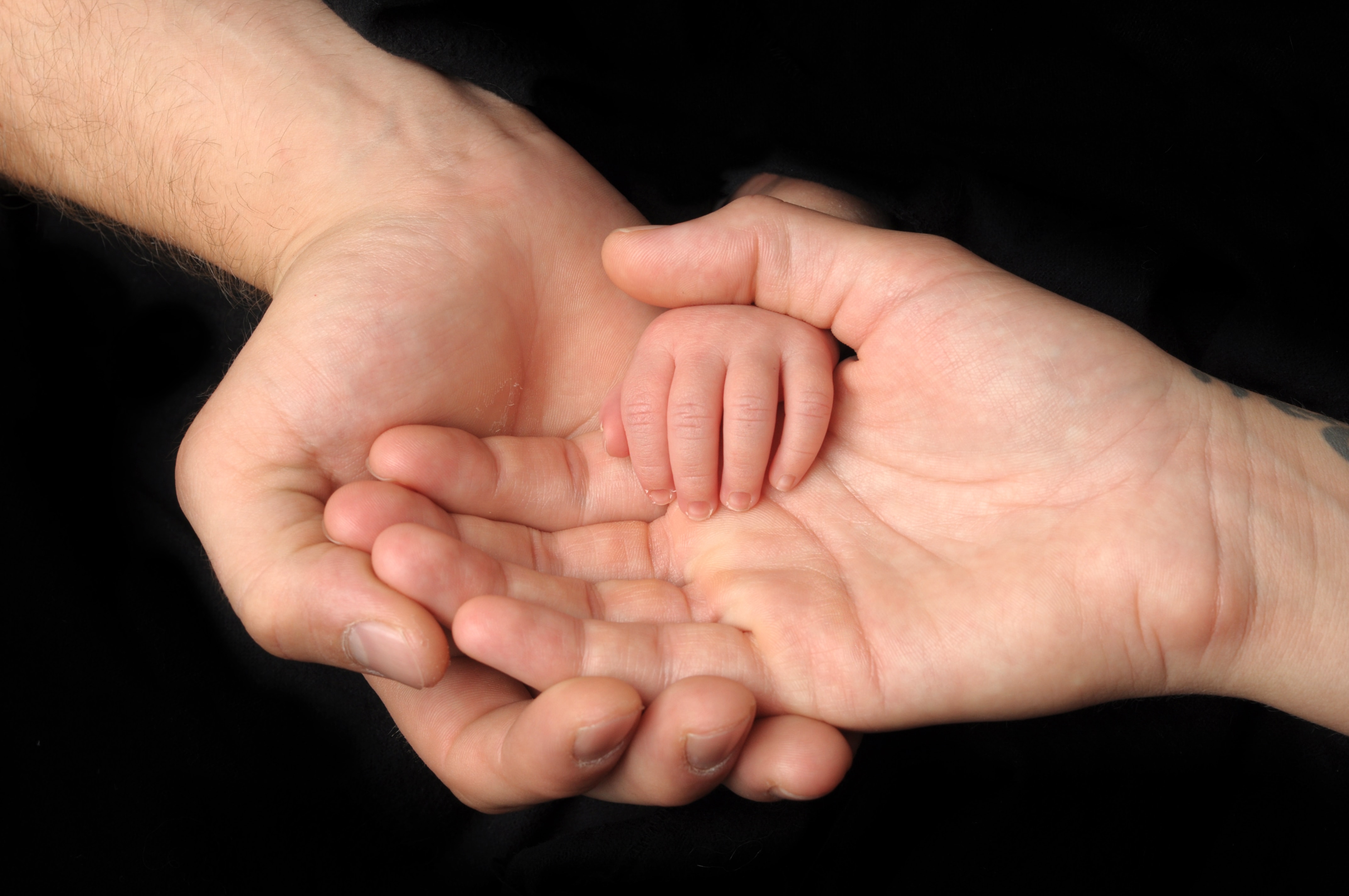
What does simplicity mean?
Keywords that come to my mind – clear, straightforward, less superfluous layers, light, bright, open, focused.
The one that resonates the most with simplicity is perhaps is “less superfluous layers”. When we implement this concept to relationships then the words clear and straightforward should be added. These words describe the communication leading to removing everything meaningless. And the result is feeling of lightness. This is how my clients usually describe the emotion of joy and when they feel free.
The question is: “What steals the joy from our relationships?” A logical answer can be: superfluity.
What constitutes superfluity? It encompasses all the limiting factors within ourselves. In our coaching sessions with my clients and students I repeatedly hear that the commonest obstacle to an honest engagement and to removing superfluity from the path toward simplicity and joy, is fear.
Surprised? Why is it so difficult to remove fear?
I will not focus my attention on fear, because this article started to flow naturally toward openness and connection in human relationships, which is the pathway to simplicity. And hopefully the answer to the question above will naturally start to emerge from the story I am going to tell you now. And that’s t the story of love.
While designing a new workshop on relationships, I was going through my book notes of Sue Gerhard’s book Why Love Matters? What brought me there was the desire to refresh my memory about how our brains start to shape at a very early age and how our early social environment affects our capacity to feel for others (empathy) and to decrease our emotional reactivity (intensity of stress reaction), emotional resilience.
It is as babies that we first feel and learn what to do with our feelings, when we start to organise our experience in a way that will affect our later behaviour and thinking capacities…
In particular, there are certain biochemical systems, which can be set in an unhelpful way if early experience is problematic: both the stress response, as well as other neuropeptides of the emotional system can be adversely affected. Even the growth of the brain itself, which is at its highest rate during the first year and a half, may not progress adequately if the baby doesn’t have appropriate conditions to develop.
Although a baby is, in many ways, a simple creature, it also possesses in its cells the blueprints for a complex life. Each baby has a unique personal store of genes, which can be activated by experience.
But what seems to be most crucial for the baby, is the extent to which the parent or caregiver is emotionally available and present for it. Particularly if caregivers respond in a predictable way, patterns will start to emerge.
Layer upon layer of more complex emotions developed in human interaction and took shape physiologically in the structure of the brain.
What might not be very interesting to you, but is still very important, is that the orbitofrontal cortex is the one that scientists link to our social life and is very involved in managing our emotions. The biggest surprise however is that we are not born with these capacities and it is a scientifically proven fact that all babies develop their brain as depending on his or her particular experience with people.
Some of you are young parents, some of you are future parents… some of us are further along the journey with grown-up kids. It is vital to know that we shape ourselves in our relationships and in them we learn fear, love and joy.
Before expanding our capacity to feel others, we need first to connect deeper with ourselves and feel ourselves, which is so challenging in this time and age.
We are far more connected to our thoughts than our feelings.
A thought to digest:
“May be the fear is that we are less than we think we are, when the actuality of it is that we are much, much more.” Arriving at Your Door

